Utterance Particles in Cantonese Conversation.
Utterance particles, also known as modal particles or sentence-final particles, form a class of words in Cantonese which is of great descriptive and theoretical interest to students of language. Most utterance particles do not have any semantic content (truth-conditional meaning), and few can be said to have a consistent grammatical function. They are notorious for being extremely resistant to conventional syntactic and semantic analysis. The aim of this book is to seek a better understanding of utterance particles by concentrating analytical attention on three of them; namely, LA (la55), LO (lo55), and WO (wo44). Adopting a set of theoretical assumptions and analytical methods in the tradition of Conversation Analysis within an ethnomethodological framework, an attempt is made to approach these objects by examining them in the context of interactional details in naturally occurring conversations. This book presents original accounts of, and fresh insights into these utterance particles in Cantonese. But it also raises theoretical and methodological questions of more general interest. These include, among other things, the status of data and evidence in the analysis of language, and the possibility of a socially constituted linguistics.
{{comment.content}}
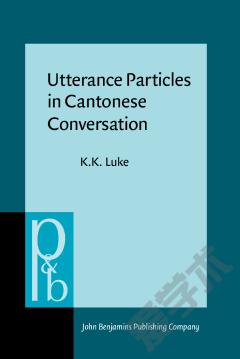

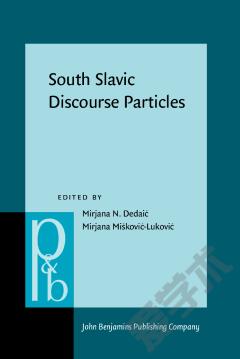
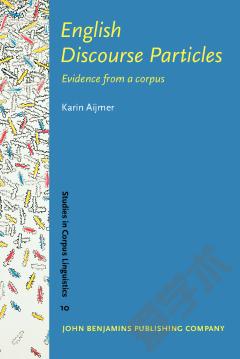
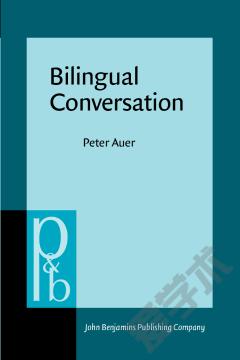
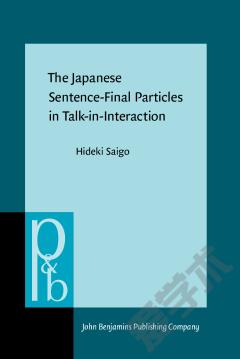


 京公网安备 11010802027623号
京公网安备 11010802027623号